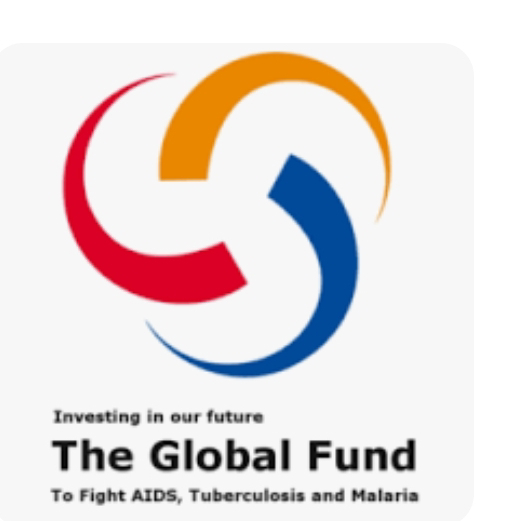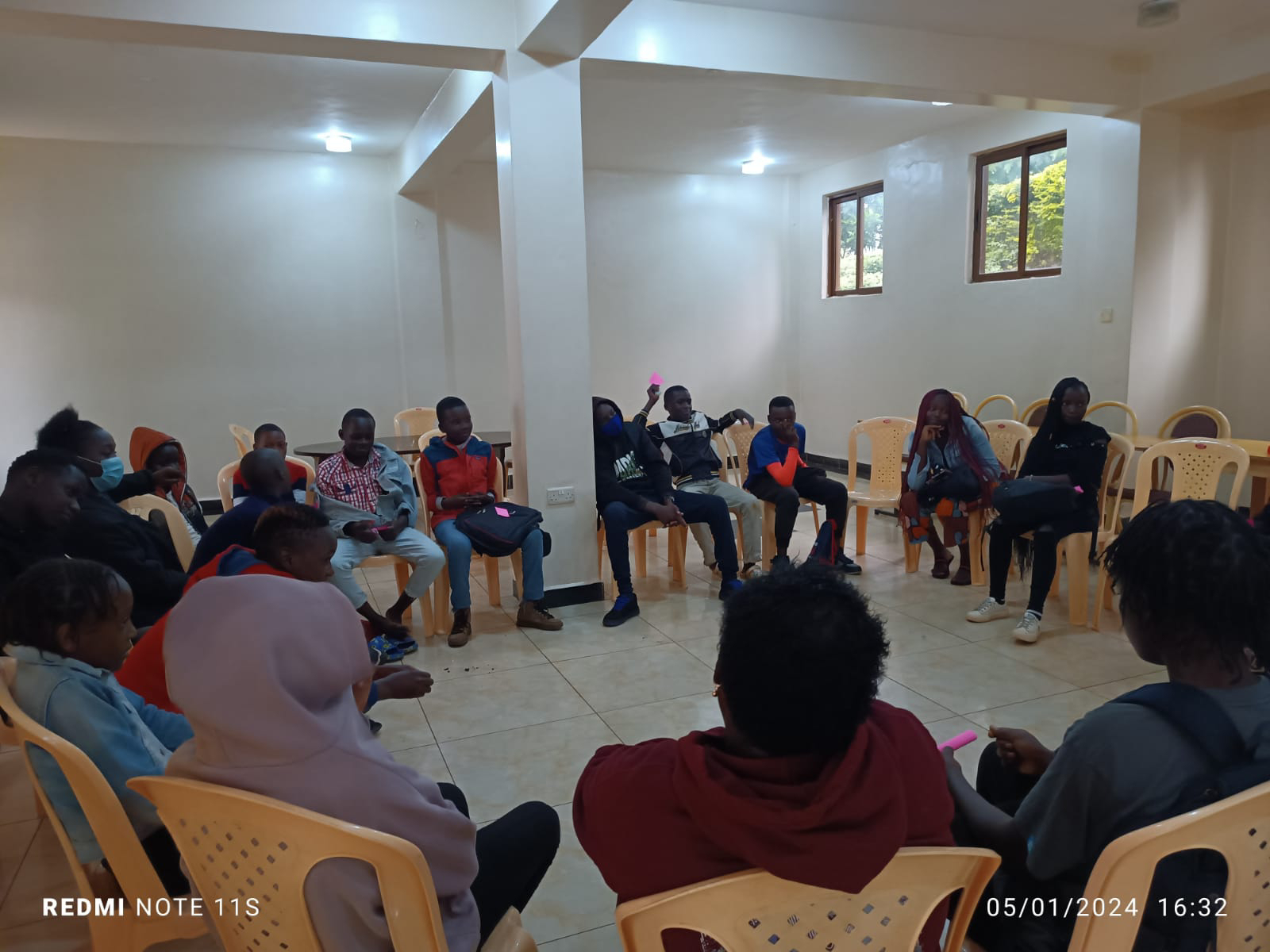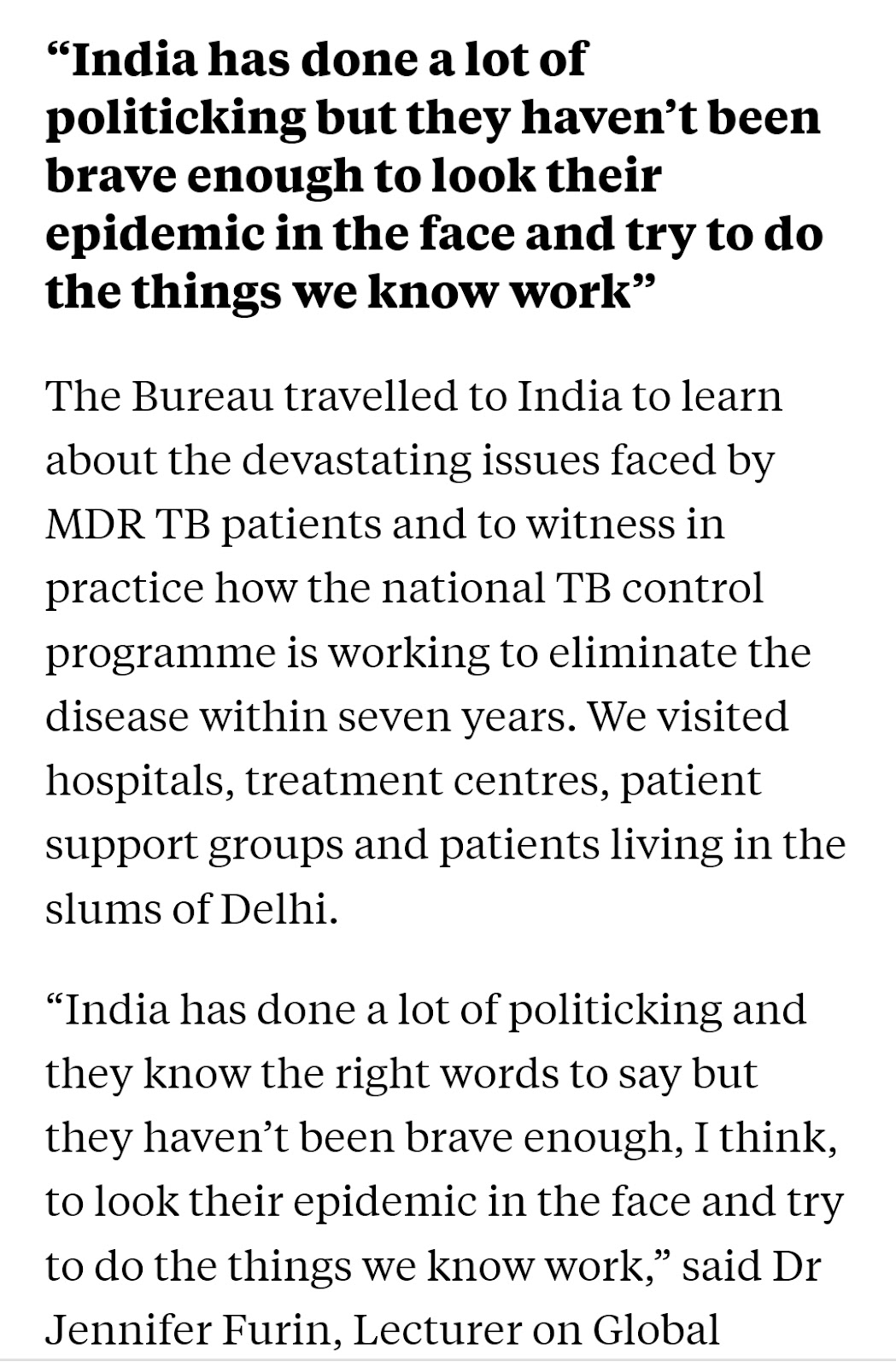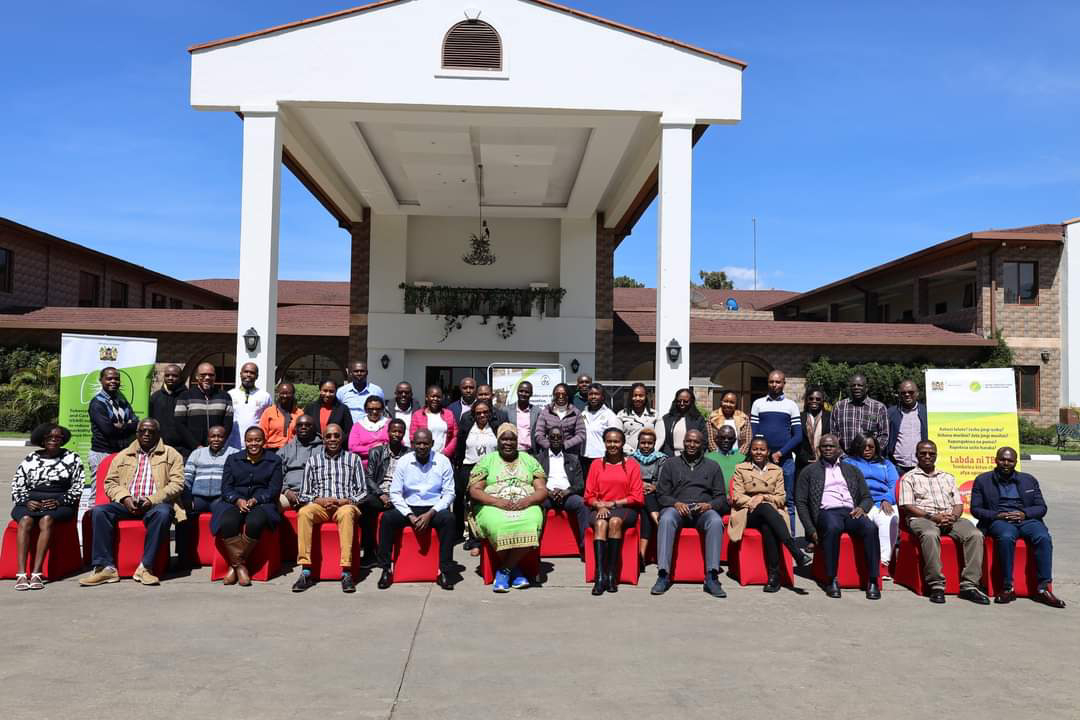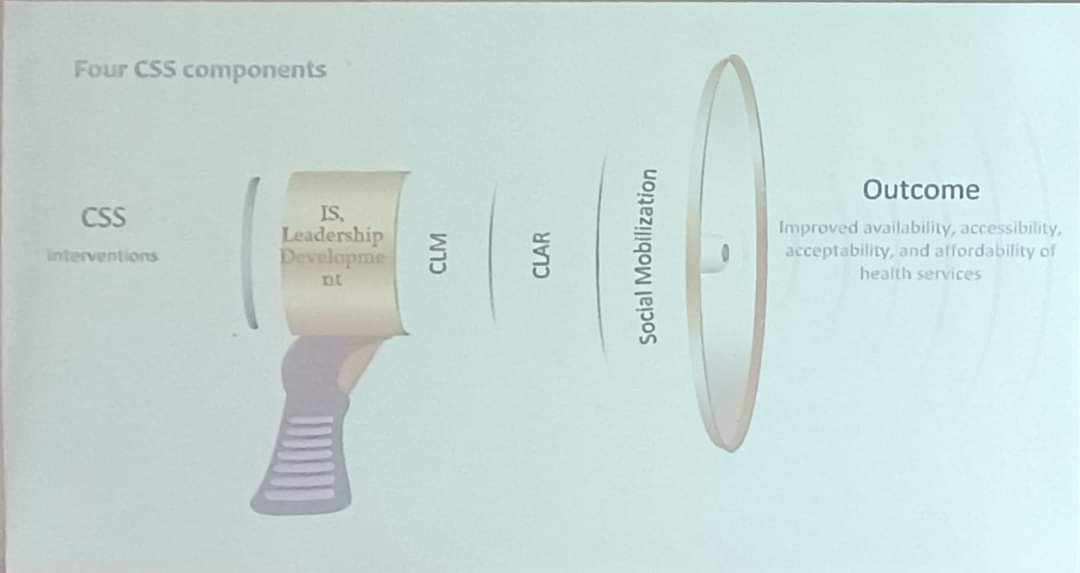Reminding the state that disenfranchising and disengaging communities from their positions of power in grant processes is not only counterproductive but also takes us backward against the gains made. The Ministry of Health, with its significant influence, must spearhead a shift towards inclusivity. Communities directly affected by these diseases bring unique perspectives and firsthand experiences that are invaluable in shaping effective strategies. It is a call to recognize that communities should not be spectators but active leaders in the fight against HIV, TB, and Malaria.
The plea is simple yet profound—let communities lead. Grant-making processes should be designed to empower and amplify the voices of those on the front lines. Communities cannot be expected to end these diseases empty-handed; resources are paramount. By giving communities the agency to lead, the state taps into a wellspring of resilience and innovation that is often born out of necessity.
Acknowledging communities as leaders in the grant-making process is not just a symbolic gesture; it is a strategic move for sustainable impact. The National Treasury plays a pivotal role in resource allocation, and it is crucial to ensure that these resources reach the grassroots level. The state's commitment to empowering communities should be reflected in budgetary allocations that prioritize the community-driven initiatives.
The National Sydemic Disease Control Council and the National AIDS and STI Control Program are linchpins in the fight against these diseases. Their collaboration with communities should be characterized by trust and mutual respect. A collaborative future requires dismantling barriers that hinder community participation, allowing for a harmonious relationship where the strengths of both entities are leveraged for the greater good.
In concluding this call to action, it is imperative to recognize that communities, when equipped with resources and empowered to lead, become catalysts for transformative change. The state, through its agencies, must embrace this paradigm shift, acknowledging that the journey towards ending HIV, TB, and Malaria cannot be navigated successfully without the active involvement of those most affected. It's time to let communities lead, and in doing so, foster a future where the resilience of communities becomes the cornerstone of Kenya's success in combating these diseases
